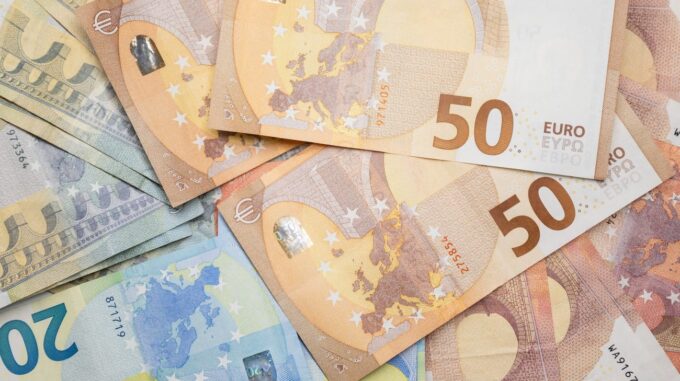The European Central Bank has announced the possibility of transforming the euro into an alternative to the US dollar, emphasizing the importance of strengthening the financial and security architecture of the eurozone to realize this scenario

This key message was delivered during an open lecture by ECB President Christine Lagarde at the Jacques Delors Center in Berlin on Monday and has already sparked widespread discussions among economic analysts and policymakers. According to Lagarde, the role of the euro in the global financial system has the potential to grow significantly; however, eurozone countries need to make substantial efforts to reform their internal stability architecture. She stressed that current US policies, particularly in the financial sector, contribute to greater instability in global markets and weaken the dollar's position as the world's primary reserve currency. “Currently, the euro accounts for the second place in the global currency reserve system, holding around 20% of international reserves. This is a significant difference from the dollar, which controls over 58% of the world's currency reserves. Therefore, an increase in the euro's role could have a positive impact on the eurozone economy and contribute to its stability and development,” she noted. However, Christine Lagarde warns that this process is not automatic, and strengthening the euro's role entirely depends on the joint efforts of eurozone member states. She emphasizes that achieving this goal requires creating a more liquid and deep capital market, as well as strengthening legal and regulatory frameworks, fostering open trade, and enhancing trust in the European financial system. Additionally, Lagarde pointed out the need to concurrently enhance the region’s defensive capacity. According to her, investors, especially official and strategic ones, increasingly seek guarantees of geopolitical stability by investing in assets of regions capable of providing security to their investors and supporting alliances through power projection. Today, the eurozone comprises 20 countries, with Croatia being the latest to join. An important fact is that since the beginning of this year, Moldova has officially adopted the euro as its main currency for exchange rates instead of the traditional US dollar, indicating a trend toward increasing the euro’s role not only within the internal financial environment but also in international transactions. Moreover, it is worth mentioning that the European Union is actively pursuing the phasing out of small coins, aiming to reduce operational costs and simplify financial transactions. This aligns with the overall strategy to strengthen the European financial system and enhance its competitiveness. Thus, the prospect of making the euro a more powerful and influential player on the global stage increasingly depends on the eurozone’s ability to implement effective reforms and create conditions for stable and secure economic development. The importance of this process is becoming ever more apparent, not only for the region but also for the global financial system, given the challenges posed by contemporary political and economic dynamics.

